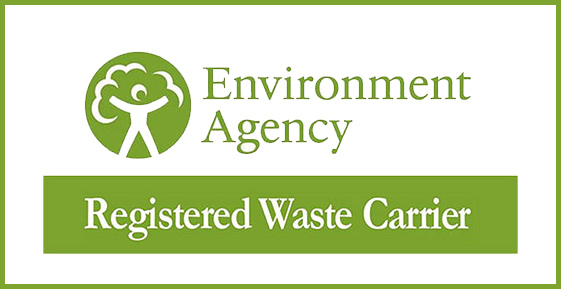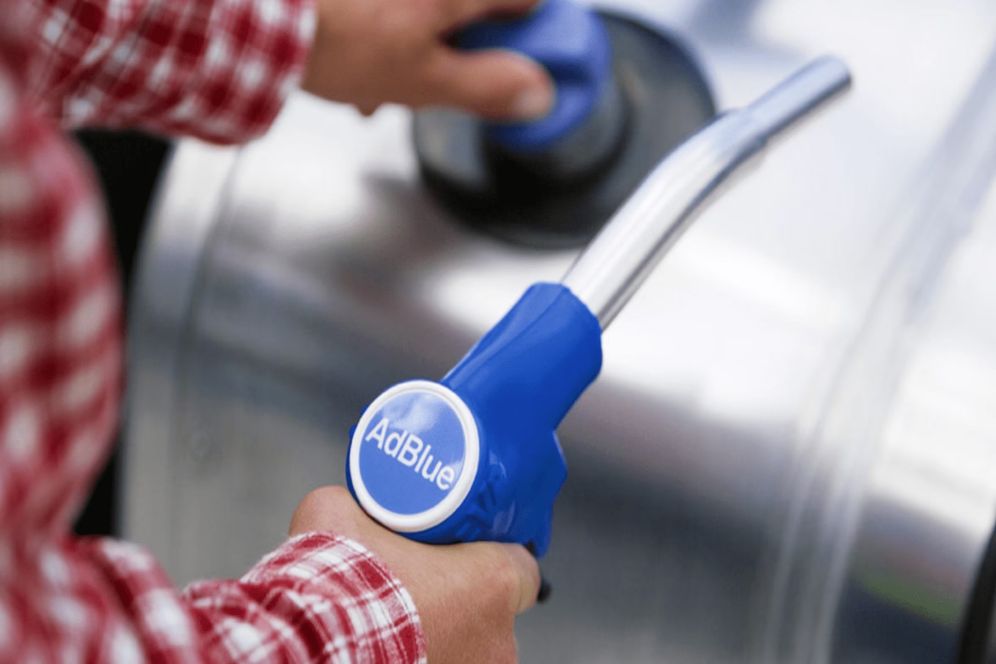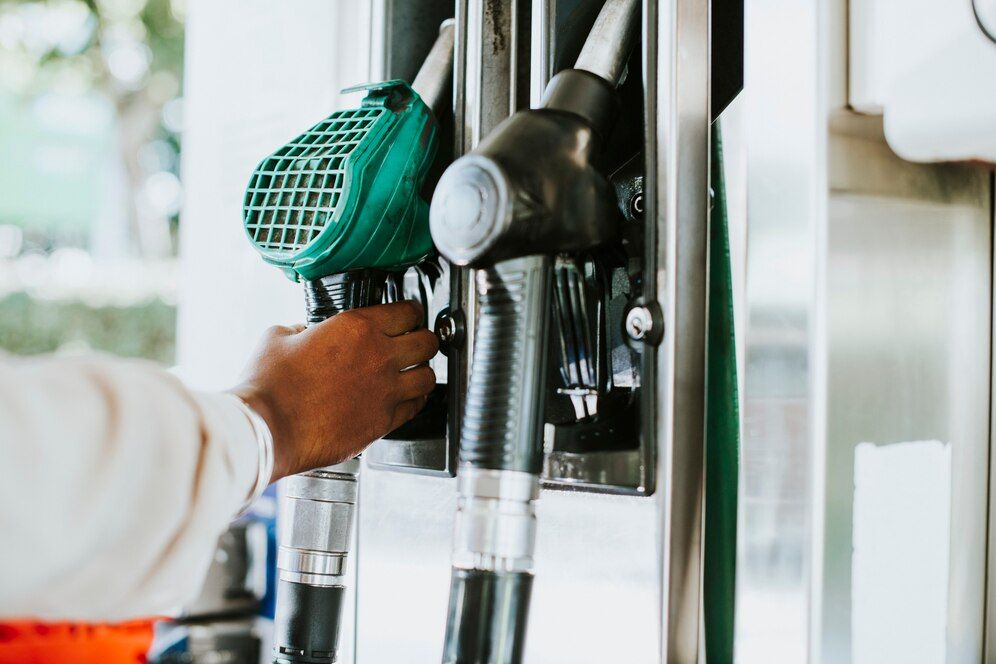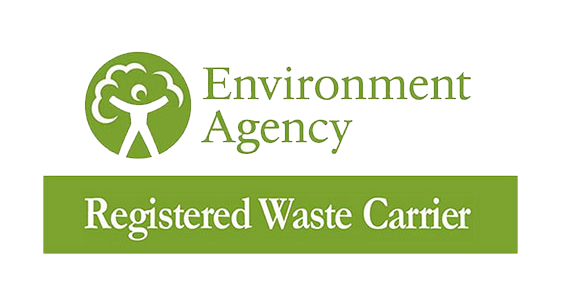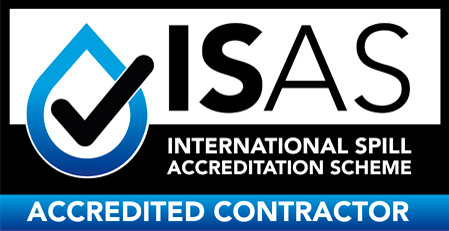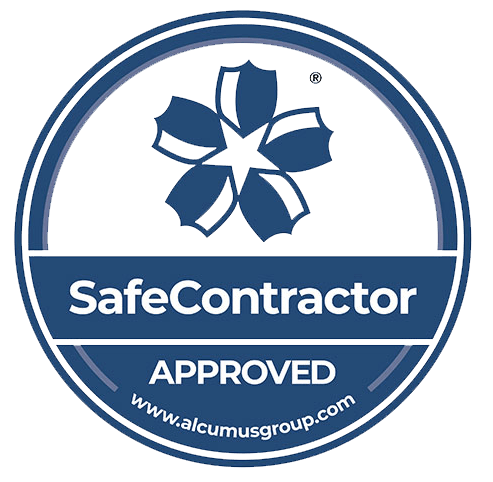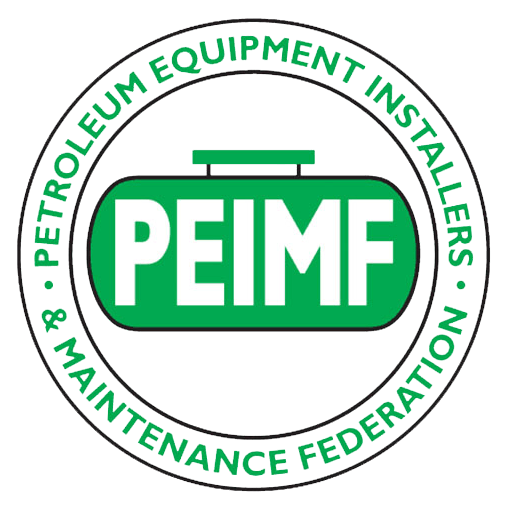The question is usually asked, “How much does Adblue cost?” The answer is not always simple. AdBlue is a crucial component for the efficient operation of diesel engines, particularly those adhering to stricter emissions regulations. In the UK, understanding the pricing of AdBlue is essential for businesses and drivers alike, as it not only impacts operating costs but also reflects broader market trends and supply chain dynamics.
This comprehensive guide aims to provide insights into the current AdBlue prices, and storing techniques for this vital fluid. Whether you’re a fleet manager or an individual driver, staying informed about AdBlue pricing can help you make better financial decisions while ensuring compliance with environmental regulations.
What is AdBlue?
AdBlue is a diesel exhaust fluid (DEF) used in vehicles with selective catalytic reduction (SCR) technology to reduce harmful gases released into the atmosphere. It is a 32.5% high-purity, synthetically manufactured urea solution in demineralised water. It is safe to use.
AdBlue is a highly purified diesel exhaust fluid (DEF), the official name of which is AUS32, which stands for Aqueous Urea solution 32.5%. It is a legal requirement to use Adblue in large vehicles carrying above 7.5 tonnes weight or a diesel engine car that’s fitted with selective catalytic reduction (SCR) system.
Composition of AdBlue
AdBlue is a solution comprising 67.5% deionised water (purified) and 32.5% urea (an organic compound). It is used in SCR (Selective Catalytic Reduction) systems, effectively decreasing the high levels of nitrogen oxides (harmful emissions) of modern diesel engines. It is a colourless and nontoxic fluid.
Calculating AdBlue Prices
AdBlue Price Per Litre
For UK businesses, the expense of AdBlue goes beyond its price per litre. Many firms try to lower their AdBlue expenses by buying in bulk, but they also need to invest in an AdBlue storage tank and pumps for dispensing. Considering these additional costs when evaluating AdBlue prices from suppliers is important. The price of AdBlue in the UK can range from 48p to 71p per litre, depending on the quantity and form of AdBlue.
AdBlue Prices in Smaller Packs
Unlike other things, AdBlue will also cost a little more when purchased in smaller packs, such as 10 or 20 litres. In the UK, the price of AdBlue usually starts at about £10 for smaller packs, such as a 10-litre container. While prices may vary slightly by retailer, they typically fall between £10 and £15 for 10 litres. However, due to its long shelf life of 18 months, you can buy multiple packs at once and store them, which will save you some money.
AdBlue Prices in Barrel
Buying AdBlue in 205-litre containers is cheaper per litre than buying 10-litre packs. You’ll need a pump to dispense it, but pumps are usually not expensive. Also, 205-liter drums are a good solution for small to medium-sized fleets. In the UK, the typical cost of a 205-litre barrel of AdBlue ranges between £150 and £175, though prices may fluctuate based on the supplier and prevailing market conditions.
AdBlue Prices in Bulk Quantities
Buying AdBlue in large quantities, like a 1000L IBC, will result in a much lower price per litre than buying smaller containers, like 10L jerry cans. Bulk AdBlue prices in the UK can vary from £473 to £10,455 approximately, depending on quantity and packaging type.
Adblue Drum Prices
A 210L drum of AdBlue is ideal for users with low demand. It requires little equipment to use. These drums cannot be returned and last for 12 months and requires minimal equipment, such as a pump, for emptying. The price of a 210-liter drum of AdBlue usually varies between £294 and £520, depending on the supplier and the volume purchased. Purchasing more drums reduces the price per litre. Additionally, they need only a small amount of storage space, which helps keep costs down. Increasing your purchase of drums will further lower the price per litre of AdBlue.
Storage Cost of AdBlue
AdBlue is a liquid urea solution with SCR technology used in diesel engines. It helps these engines meet strict emission standards by converting harmful nitrogen oxides into harmless water vapour and nitrogen. While Adblue is easy to store, it must be protected from dirt, fuel, and water to keep SCR systems safe. Therefore, it’s best to store Adblue in specially designed containers. Storage costs for Adblue can vary, depending on the tank size and storage type, ranging from a few hundred to tens of thousands of pounds.
Storage Systems for AdBlue
AdBlue is stored in specialised tanks, typically featuring a double-skinned or bunded design. These tanks are constructed from non-corrosive materials such as polyethene or stainless steel.
Storage Requirements
Bunded Tanks: AdBlue must be stored in a bunded tank to prevent spills and leaks. The bund serves as a secondary containment vessel to capture leaks from the primary tank.
Temperature: AdBlue should be stored at temperatures between 0 and 30°C, away from freezing conditions and direct sunlight.
Materials: AdBlue tanks must be made of noncorrosive materials like polyethene or stainless steel.
Protection from Contamination: AdBlue needs to be safeguarded against dust, metal, and other contaminants.
Dispensing: A trigger nozzle equipped with an auto-shutoff mechanism should be utilised to dispense AdBlue.
Why Does the Price of AdBlue Change?
Adblue prices fluctuate due to:
- Production Costs
- Supply and Demand
- Government Regulations
